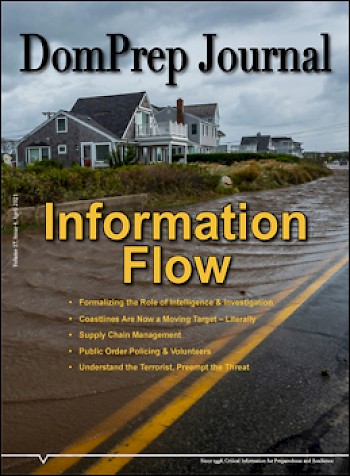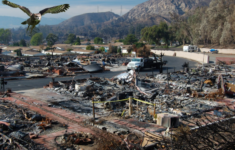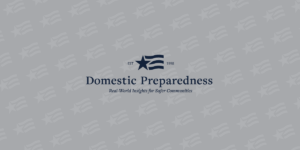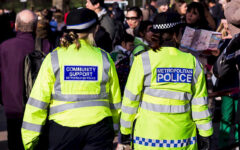

Formalizing the Role of Intelligence & Investigation
Michael Prasad
April 28, 2021
Emergency managers need actionable intelligence before, during, and after disasters. More than just situational awareness, the collection, analysis, and sharing of intelligence can provide an incident’s response and recovery command and general staff with much needed decision-making information.

Information – Keep It Flowing
Catherine L. Feinman
April 28, 2021
Information flow is the process of efficiently moving information within and between jurisdictions
and systems for the purpose of communicating, making decisions, and establishing policies and
procedures. Whether preparing for, responding to, or recovering from a disaster, information flow is a
determining factor in the success of any of these efforts.

Coastlines Are Now a Moving Target – Literally
John Englander
April 21, 2021
In March 2021, a Cape Cod weather station in Chatham, Massachusetts was abandoned due to coastal erosion. With much media coverage, some of the articles mentioned that the situation is likely to worsen. The fact that they associated the erosion with climate change and that it was a weather station yielding research data about the changing climate added some irony.

Public Order Policing & Volunteers
Erik Westgard
April 14, 2021
Two days into the May 2020 George Floyd riots in Minneapolis/St. Paul, Minnesota, hundreds (on the way to ~1,500) of properties were burning, with smoke visible on the horizon. Top leaders appeared on television stating that law and order were breaking down and urging calm within the community. Based on media reports, there were a few places volunteers could help. One was in watching pandemic-vacated buildings, schools, churches, and grocery stores that were being systematically firebombed and looted. This was beneficial as volunteers deployed and were able to save some buildings such as a popular local Mexican restaurant complex near St. Paul (El Burrito Mercado) and a grocery store in Minneapolis. Another way in which volunteers could help was in intelligence gathering.

Supply Chain Management During a Pandemic
Greg Burel, Bobby Baker Jr. and Wayne Williams
April 7, 2021
Three experts present their insights and experiences on managing a supply chain during a pandemic. Areas to be discussed: TECHNOLOGY: How does technology enhance or complicate resilience and the supply chain? RELATIONSHIPS: How have relationships with customers and suppliers changed during the the pandemic? COLLABORATION: How does federal, state, local, tribal, and territorial interfaces impact preparedness vis-á-vis the supply chain?

Understand the Terrorist, Preempt the Threat
Laura Ehrmantraut
April 7, 2021
It is important to understand why people do the things they do when trying to figure out an individual’s motives and reasons. It is even more captivating when it involves an individual doing unspeakable actions toward another, such as murder or abuse. When it comes to terrorism, there are many different kinds of people who become terrorists – regardless of gender, orientation, religion, or race. These people have complex varying agendas, motivations, and reasons for their actions: religious, political, cultural, emotional, or perceptual. Understanding these reasons will help communities develop counterterrorism programs and support groups to help thwart terroristic actions.

